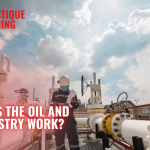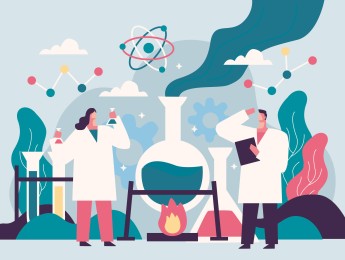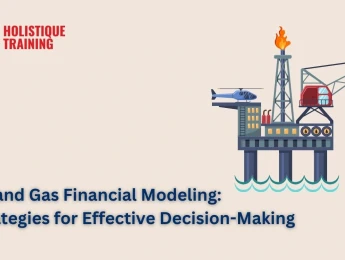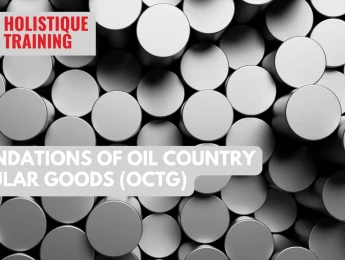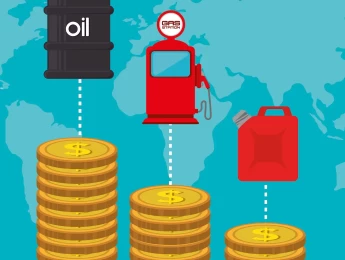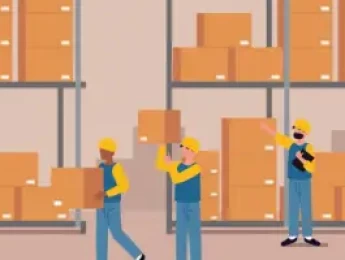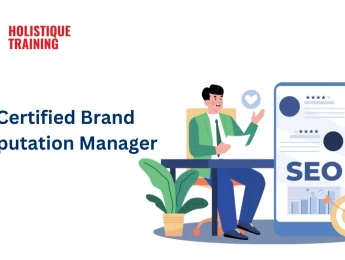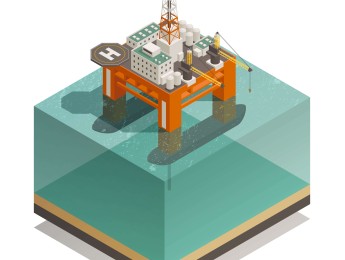Natural gas goes through a huge process, from the refinery, valuing, and transportation to gas marketing and sale before reaching homes and businesses.
When dealing with the gas market, it’s essential to understand how gas is discovered and refined to remove contaminants such as h5S, CO2, helium, and nitrogen using chemical and physical processes to make it safe to use. This treatment can mean that the value of gas varies depending on its purity, which could affect how it is marketed and the people it sells to.
The origins of gases and their chemical characteristics determine the processes that gases must undergo to be suitable for use. Understanding these processes also helps when developing useful technologies and troubleshooting problems.
Waste products from gas purification can also be used in alternative ways. For example, H5S can be recovered and converted to Sulphur. These combined methodologies and their accompanying procedures can assist in making our planet greener for the future while also making a profit for those companies involved.
Upon completion of this course, participants will be able to:
- Understand the gas treatment process and Sulphur recovery.
- Evaluate the technologies used during practical and chemical purification.
- Identify the main process features in treating gas and understand how they work together.
- Conduct a risk analysis to discover and troubleshoot problems.
- Develop a deeper understanding of the gas chemical process.
- Accurately forecast waste quantities and work on recycling.
- Discover marketing and sales methods associated with gas types and waste products.
- Create greener processes for gas treatment and utilise efficient and environmentally friendly treatment methods.
This course is suitable for anyone who aims to learn more about gas treatment processes and their environmental effects. It would be particularly beneficial for:
- People new to the gas industry
- Gas production and discovery staff
- Gar Treatment Personnel
- Environmental specialists
- Geologists
- Reservoir Engineers
- Operational Managers and Staff
- Sales and Marketing Executives
This course uses various practical and interactive learning methods to aid understanding. Participants will receive trainer-led presentations and participate in group discussions and workshops on the gas processing procedure.
It includes practical exercises using industry-proven tools and technologies to allow for group evaluation of processes and designing new and improved operations and facilities to aid environmental change.
Day 5 of each course is reserved for a Q&A session, which may occur off-site. For 10-day courses, this also applies to day 10
Section 1: Gas Discovery and Processing
- Gas terminology and nomenclature.
- Phase behaviours and vaper liquid equilibrium.
- The physical properties of hydrocarbons.
- Gas specifications for safe use.
- Types of contaminants and how to deal with them.
- Impure gases and how to treat them.
- Cost-benefit analysis on Sulphur recovery.
Section 2: Health & Safety and the Environment
- Gas workers and safety requirements.
- Levels of gas required for specific uses.
- Safety tests and how they work.
- How gas processing has changed to benefit the environment.
- Dew point control and liquid recovery.
Section 3: Chemical Reaction Processes
- Amine gas sweetening and the chemistry behind it.
- Commercial uses of Amines.
- The design criteria for processing Alkanolamine.
- Process frameworks and benefit assessments.
Section 4: Equipment & Usage
- Heat transferring.
- Pumps and compressors.
- Fractionation, separation, and driving equipment.
- Gas conditioning through refrigeration.
- Creating test cases and sizing examples.
- Filtration methods.
- Metallurgical issues and material changes.
Section 5: Gas Processing Methodologies
- Physical processes and principles.
- Selexol, Fluor, Rectisol and Purisol.
- Salting processes - an overview.
- Benfield HiPure and Catacard.
- Sulfinol hybrid processes.
- The advantages and range of non-regenerable processes.
- Molecular Sieve, Puraspec, Iron Sponge, Chemsweet, and Sulfa-Check.
- Liquid Hydrocarbon Treatments.
- Perco Solid Copper Chloride, MerOx.
- The newest treating technologies and how they work.
Section 6: Sulphur Recovery
- How Sulphur recovery works.
- The machinery and technology involved.
- The Claus and SuperClaus Process.
- The EUROClaus Concept.
- Identifying operational issues.
- Claus Process calculations and movements.
- H2S vs. CO2 ratio.
- The Catalyst Effect.
- Acid gas injections.
- LOCAT, SulFerox, Stretford, and Selectox.
- Selective treating and membranes.
- Tail gases and the best handling methods.
Section 7: Risk Assessments & Dealing with Incidents
- Identifying and handling equipment corrosion.
- Heating stables salts and foaming issues.
- Troubleshooting.
- Technology changes and how they can help.
- Accurate record-keeping and monitoring.
- Acting on results.
Upon successful completion of this training course, delegates will be awarded a Holistique Training Certificate of Completion. For those who attend and complete the online training course, a Holistique Training e-Certificate will be provided.
Holistique Training Certificates are accredited by the British Assessment Council (BAC) and The CPD Certification Service (CPD), and are certified under ISO 9001, ISO 21001, and ISO 29993 standards.
CPD credits for this course are granted by our Certificates and will be reflected on the Holistique Training Certificate of Completion. In accordance with the standards of The CPD Certification Service, one CPD credit is awarded per hour of course attendance. A maximum of 50 CPD credits can be claimed for any single course we currently offer.
- Course Code IND01-106
- Course Format Classroom, Online,
- Duration 5 days


